You wouldn't expect a distinguished academic to have the nickname "Professor Hottie" but for Dr. Mignon Moore, it's a fitting moniker. She's a Professor in Sociology and African American Studies at UCLA. She's also gorgeous, has a charming personality and a keen eye for fashion. She and her soon-to-be wife, a prominent New York DJ, host events for lesbian women in the Los Angeles area. They did the same in New York before they moved to Los Angeles in Fall 2008 when Professor Moore started her teaching post.
In recent years, much of her writing and lecturing has centered on the topic of her upcoming book "Invisible Families: Gay Relationships and Motherhood Among Black & Latino Women." She's also a frequent speaker on Race & Ethnicity in Women's Social Movements and has an upcoming talk on Relationships Black Lesbians and Gay Men have with their Racial and Religious Communities.
But recently, she's been impacted by the raging debates over Prop 8 in the State of California and has added her voice to that discussion as well. In the wake of this Tuesday's disappointing announcement by the California Supreme Court to uphold the ban on marriages covered under Prop 8, a voice like Dr. Moore's takes on even greater significance.
When asked what she would want gay media and leaders to understand about her work, she says "I would like the LGBT community to better understand the Black racial community and see that the reluctance to accept this move from private to public expressions of gay sexuality is a general feeling shared by many across the U.S. and the world. Understanding that will help us (LGBT people) create more persuasive arguments for our goals and more effective dialogues to move society forward and promote greater acceptance and support for us and our issues."
More on next page...
\\\
(continued)
In a sobering discussion on KCRW's To The Point about how far-reaching and how quickly the topic of gay marriage has become apart of the country's social fabric, Mignon offered a much needed perspective and context for understanding some of the lingering questions posed by Prop 8 and by the surrounding hubbub after its defeat in the November 2008 election.
To hear her defend same-sex marriage in a conversation with religious leaders, listen here. (Mignon comes in at around 10:00).
In a disarmingly inviting lilt, she answered a question heard frequently -- why do some people in Black communities get so upset when gay rights advocates refer to gay rights as civil rights? She focuses on the historic connection Blacks have with America's Civil Rights Movement and with the sense of ownership around that name.
Nowhere else in American History is that term used except to describe the struggle for equality that happened in the 1950s and 1960s. There's a pride Blacks have in the battles that were fought and won and thus, a sense of ownership that is deep rooted and emotional. There's a concern that the term will be co-opted -- meaning used to describe other movements -- and any connection to equality struggles for Blacks in America will be overshadowed and perhaps even erased.
Her position is that while the issue of gays demanding equal rights may, in a literal sense, be considered a civil rights issue, it feels insensitive that the term would be used by White gays and leading voices in the gay marriage debates without deference (or at the least, reference) to the struggles and victories of that movement. She encourages people to become sensitized to the historic connection to that term and to the culture from which the Movement emerged. I would add that leaders pay close attention to how the Civil Rights movement of the 60's effectively used coalitions of people with multiple interests to assure common goals. That movement was not made up only of African-Americans, just as our movement towards same-sex equality cannot rely upon a small representation of gay identity.
Mignon also offers something I've not heard voiced before in discussions around Black gay involvement in the gay marriage debate. Her idea of how the gay marriage debate moves sexuality from the private to the public sector is interesting. You've heard a million times the idea that Blacks are simply intolerant of same-sex relationships and practices. What Mignon proposes is Blacks have always been accepting of gays within social environments -- families, organizations and of course, in churches. But, that was a private quiet acceptance.
More on next page...
\\\
(continued)
Colloquially speaking, we all know the stereotype of the Black gay choir director. But this new debate is forcing a public discussion of something the dominant Black culture views as private. Plainly put, as long as Uncle John has "a friend," everything is fine. But once John's "friend" is all of a sudden his boyfriend, coming to family dinners, living with him, expressing affection openly, sharing that information with children, becoming apart of the larger community and forcing the family to acknowledge and discuss those facts, it becomes an entirely different story.
It becomes taboo and can create chasms within families and networks. These chasms can only be mended by public and private discussions between Black gays and lesbians and their heterosexual families, friends and loved ones. These discussions, this involvement in going from public to private, even if it's oh-so inconvenient, could allow Blacks gays and lesbians to feel more apart of the Black community, not less as is feared and more apart of the larger gay community, because this private to public is freedom. And with that freedom those who choose to do so can engage in impactful issues openly, like gay marriage, because talking openly can free Black gays and lesbians from having to choose between their loyalties. Loyalties to Black identity don't have to come at the exclusion of loyalty to gay identity, or the reverse, when Black gays exclude connections to Black culture in favor of connections to dominant gay culture.
I asked her how she sees the work she does and where it fits into the larger gay "agenda." She says, "The gay agenda has been "written" in a very narrow way. Her work will help the larger LGBT community expand their worldview and open the possibility to better incorporate gay people with other racial and cultural backgrounds into what we understand as the LGBT identity."
An even greater significance for what she's trying to do -- discussions about the facts of Black gay life. Before I read her recent paper on Black Gays and Lesbians and their Religious Communities, I didn't know that 14 percent of same-sex households in California are African-American. Interesting because African-Americans are about 14 percent of the US population. Or that 33 percent of Black gays and lesbians in Los Angeles live in the South part of LA or the South Bay area. Finally, a statistical explanation for why there are so many parties in Long Beach, since the dawn of time. Her research allows those interested in reaching these communities to know where to find them.
It's these kinds of little cultural nuances that make Mignon's work so significant. And make her such an interesting person to know.
Miss the last Black People White Gays Should Know? Read it here!
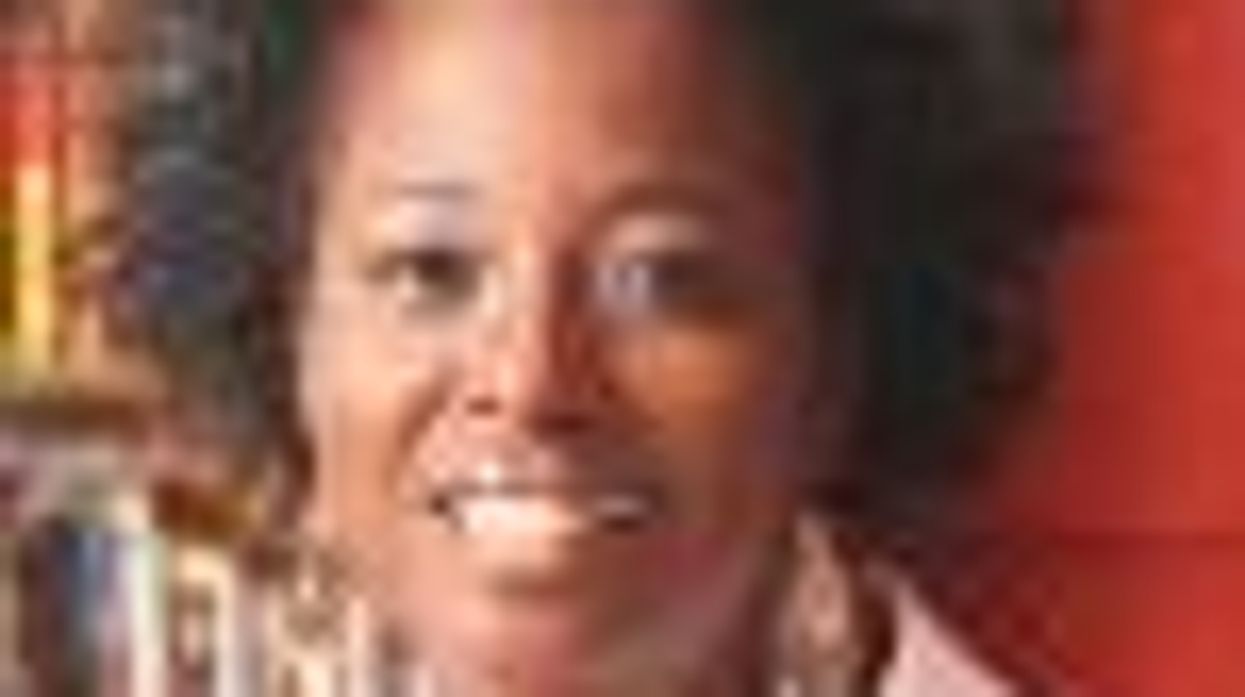

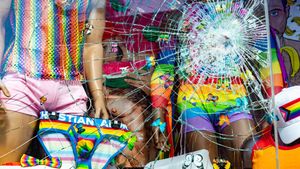

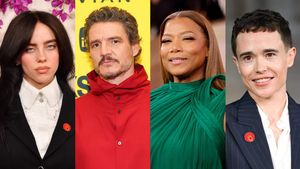





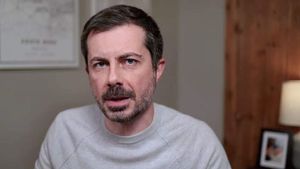




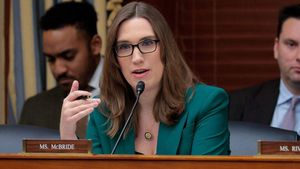
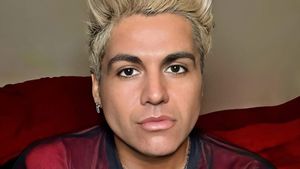
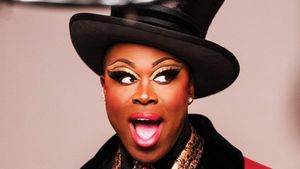

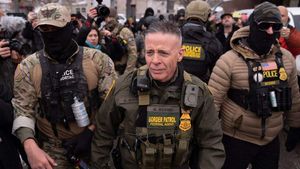





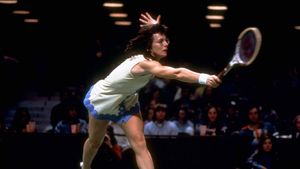



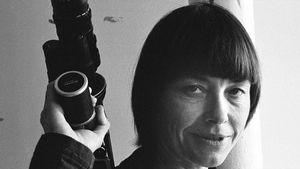


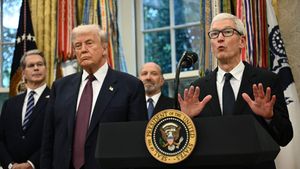


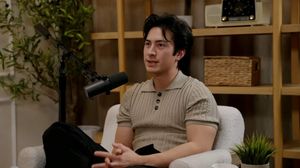

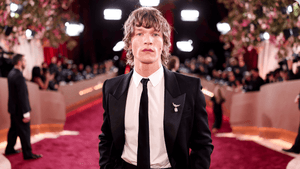
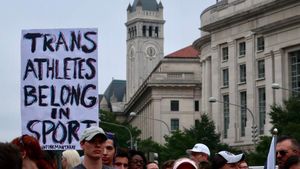

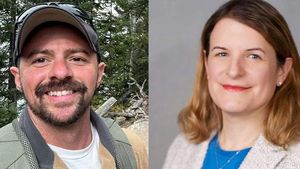



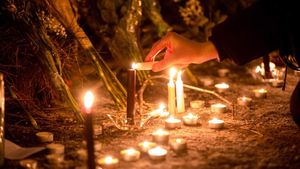

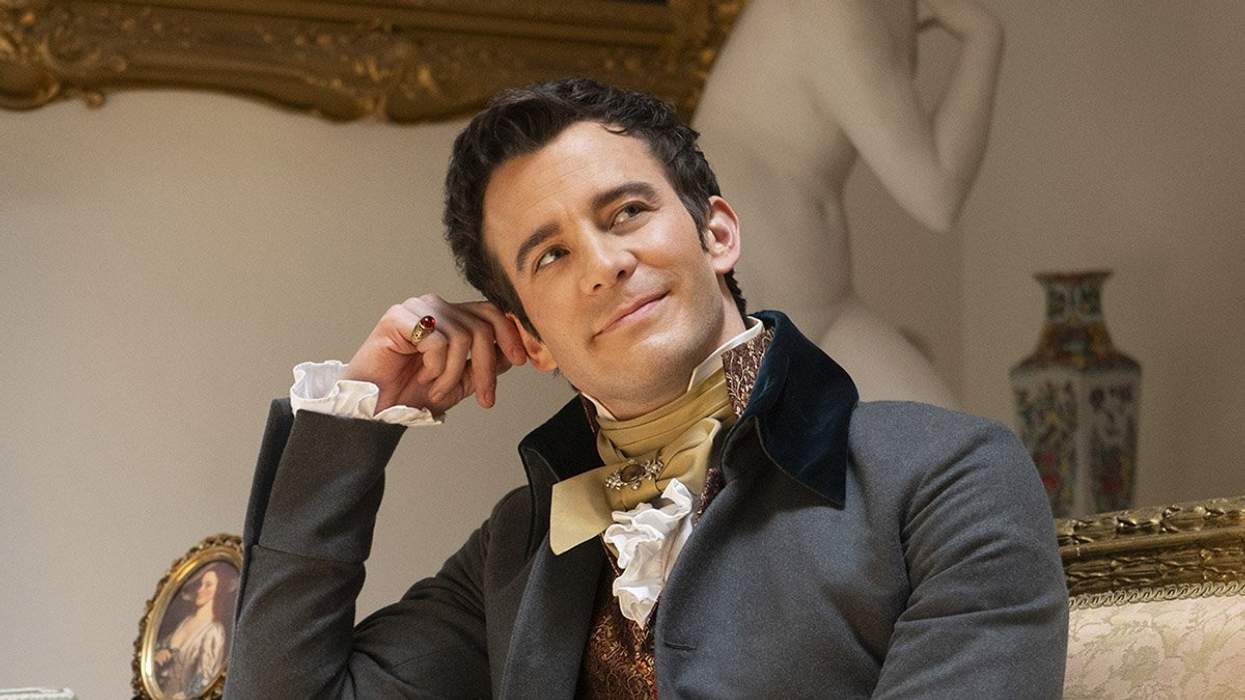
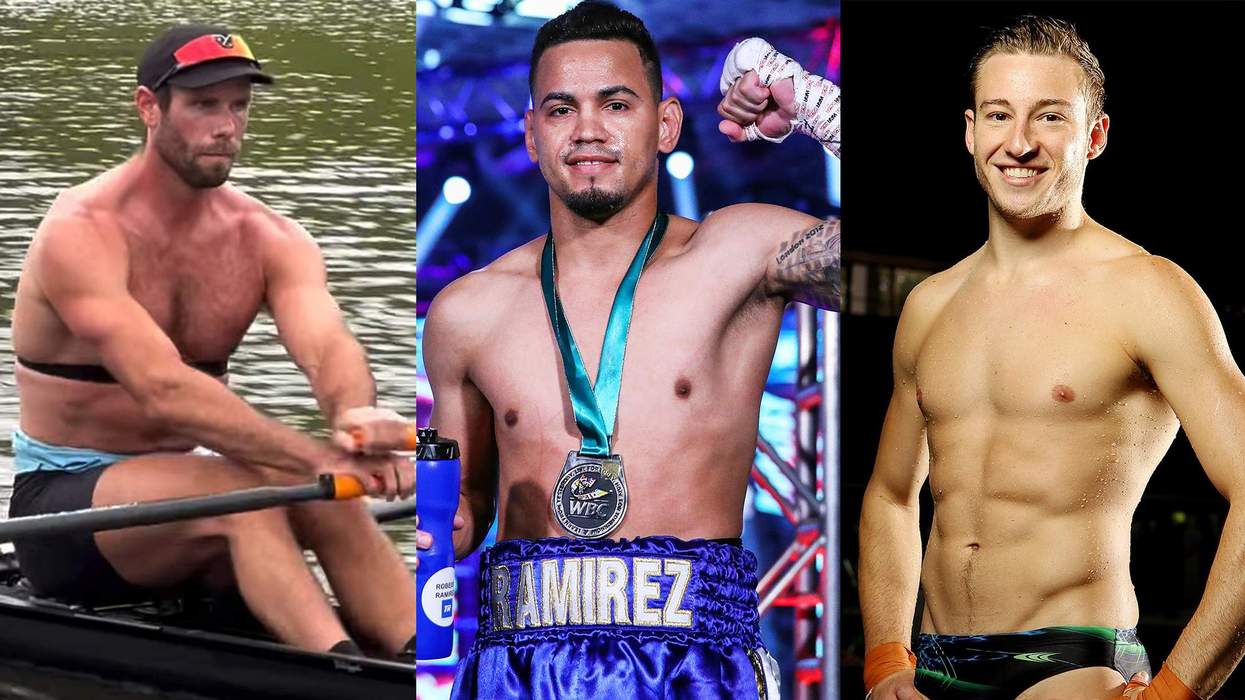
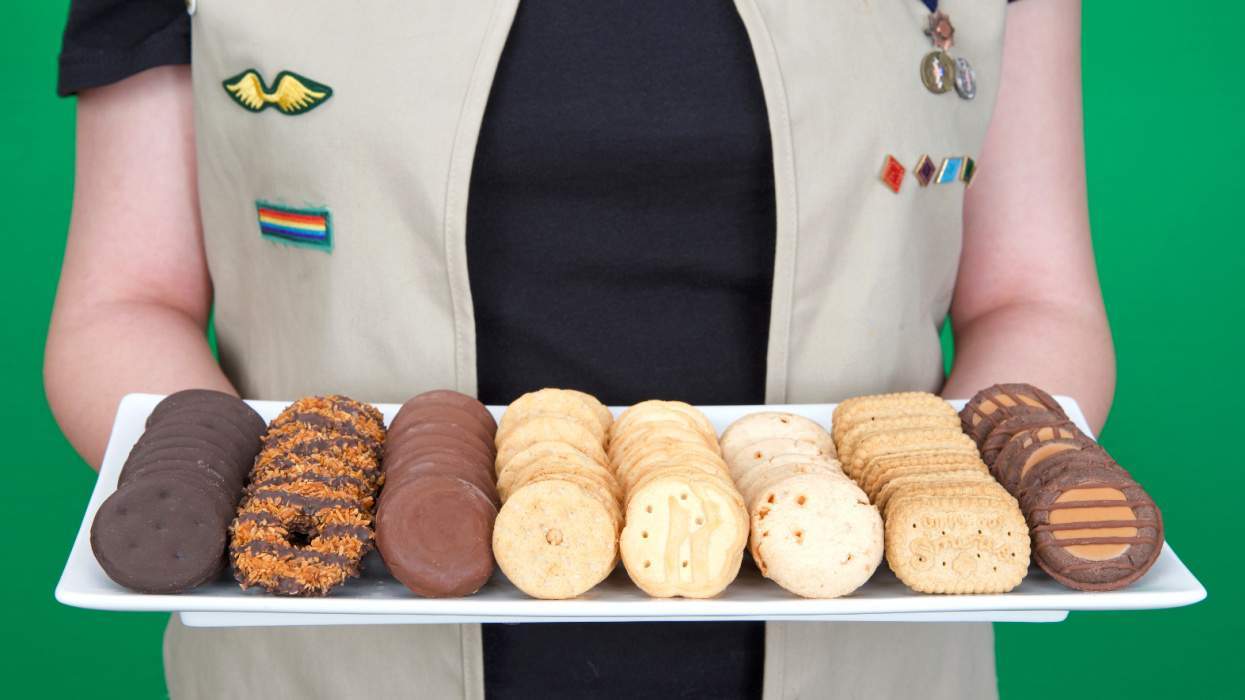
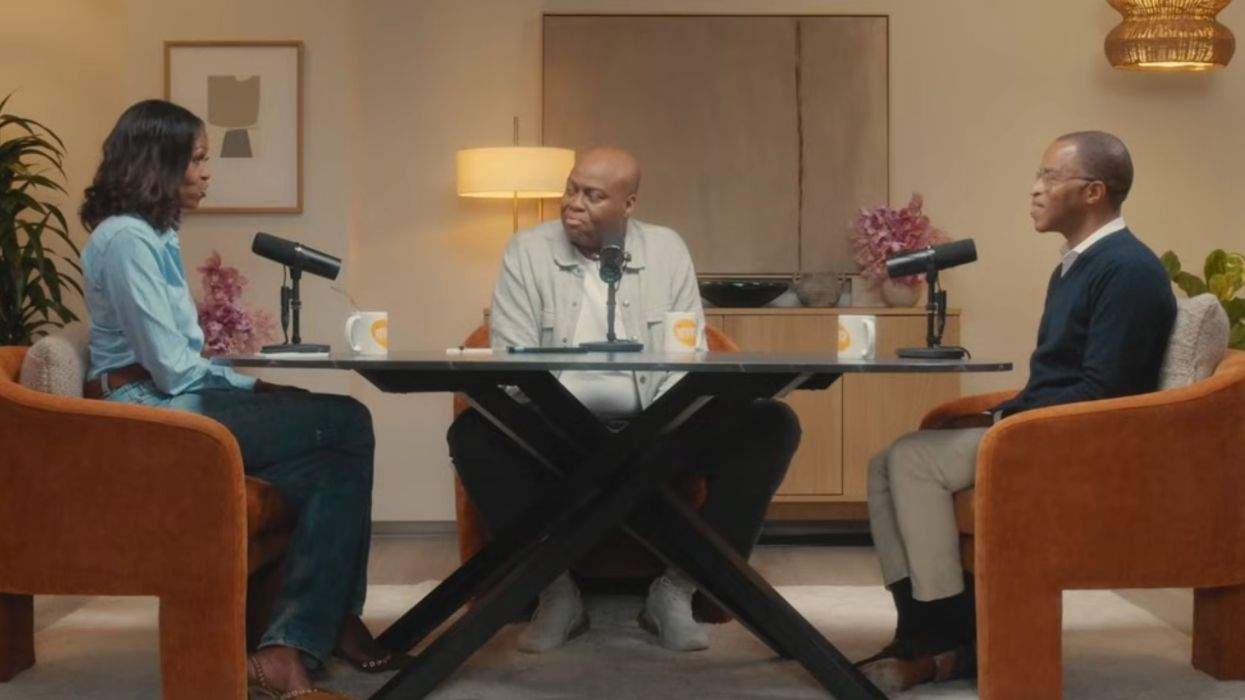





































 Cindy Ord/Getty Images
Cindy Ord/Getty Images























